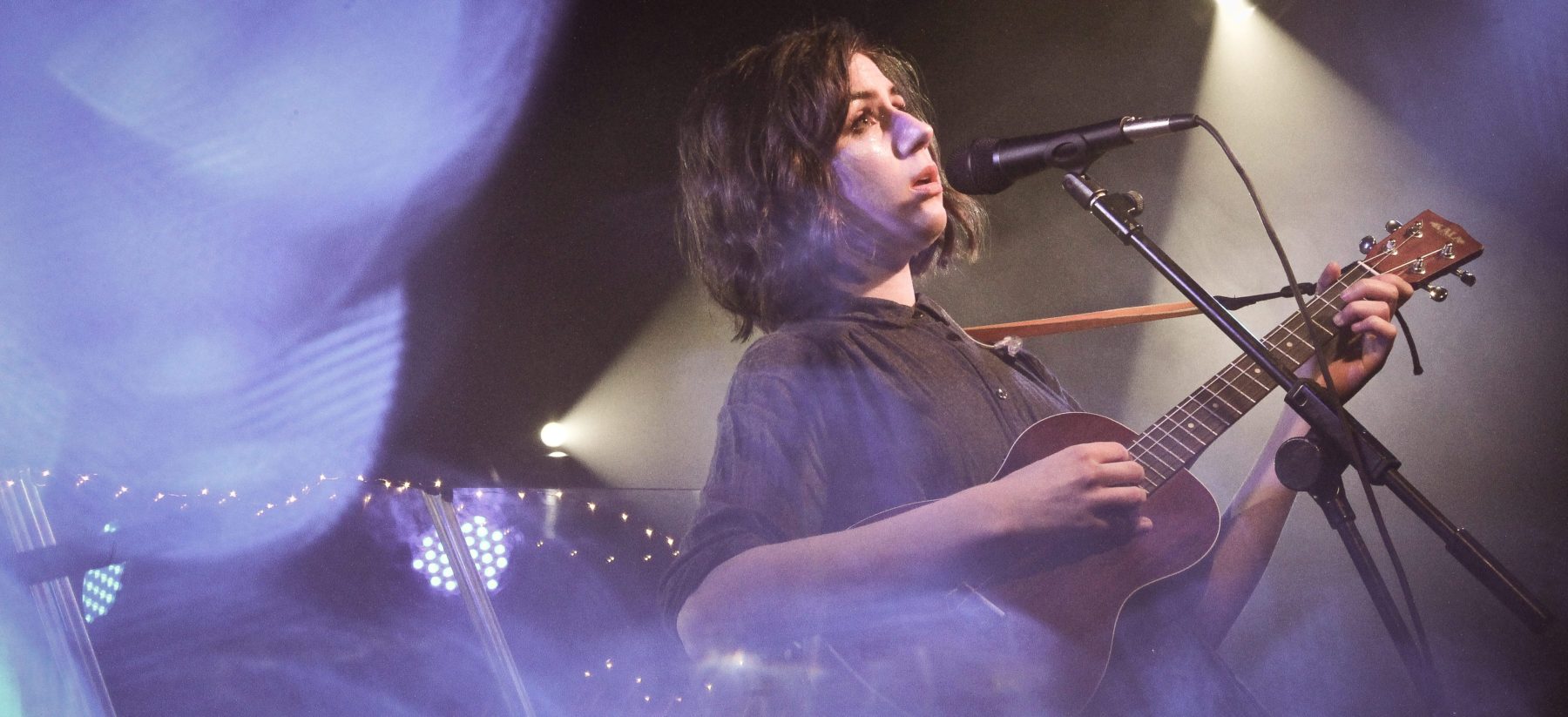dodie’s You towards mental health and LGBTQA+ representation, ukulele in hand
The highly anticipated EP You by dodie presents honest and hopeful songs, with references to mental illness and coping with it, as well as inconsequential mentions of LGBTQA+ romance. Having started from scratch as a musician on YouTube, dodie now has over one million subscribers on her channel (https://www.youtube.com/user/doddleoddle), has sold out shows all over the UK as an unsigned artist, and is currently at number three in the UK iTunes album charts. You is her second EP, after Intertwined, released in 2016.
Armed with a ukulele, she is known for her poignant lyrics, and her unashamed way of speaking out about topics like mental health. Her style has been described as “confessional pop” by Apple Music, which is apt considering the use of personal experience in her songs. You was released on the same day as Kesha’s album Rainbow, which also explores themes of mental illness and recovery, a drastic departure from her older, more care-free songs. The pair stands as an acknowledgement from artists that mainstream music should address these lesser discussed issues, even in the pop genre.
The normalisation and casual references of bisexuality are refreshing to see in current pop, especially considering how widespread bisexual erasure is in mainstream media
In The Middle, the first track of the project, sees dodie singing playfully about the prospect of her two ex-boyfriends being romantically involved. During her set at Summer in the City 2017, dodie revealed that the song was about a threesome and, in her video dance party , she says “both my exes are bi and I loved the idea of two exes meeting and ‘getting along’”. The normalisation and casual references of bisexuality are refreshing to see in current pop, especially considering how widespread bisexual erasure is in mainstream media. Songs like In The Middle open up more possibilities for music to be inclusive of LGBTQ+ romance, not as a statement, but simply as another aspect of the song. With a heavier drum beat than the rest of the tracks, it’s a lively and fun start to the EP.
6/10 immediately slows down the tone. dodie references social anxiety and the feeling of being a burden on others, with lyrics such as “can you see the panic inside?” and the repeated “I know that you don’t want me here” highlighting her own struggles. She resists cliches and extremes, singing instead about the pain of feeling average and “plain”. The last third of the song is a collaboration between dodie and members of her YouTube audience, after she asked viewers to send in clips of them singing parts of the song.
Instrumental serves as an interlude, much like Life Lesson in Intertwined. It is dodie’s first solely instrumental track, and she has revealed that her inspiration came from the film La La Land. dodie plays the keyboard, accompanied by a cello and a violin. While it’s an unusual addition, it fits with her often dreamy tone and provides an almost ethereal sound.
Next is the title track You, an upbeat song about a breakup which is played to have a Parisian sound. dodie speaks in retrospect from a happier place, and contrasts melancholic lyrics with a bouncy melody and upbeat ukulele.
In Secret For The Mad, the theme of speaking retrospectively about painful experiences continues, reassuring a friend that the most difficult times that come with mental illness do not last forever, and that “it’ll all make sense again.” While the song focuses on this singular experience, it can also be perceived as reassurance for her predominantly female and teenage audience. She has made no secret of her struggles with depression and depersonalisation, often speaking out about them in the hopes of helping her audience, who may be going through something similar. Secret For The Mad presents a hopeful view of coping with mental illness from a happier place, while opening a discussion about it, focusing on dodie’s personal experiences.
She has made no secret of her struggles with depression and depersonalisation, often speaking out about them in the hopes of helping her audience, who may be going through something similar
The last track is Would You Be So Kind, an optimistic and fun song about unrequited love. Wistful lyrics such as “I like you but that’s not enough” and “do me a favour, can your heart rate rise a little?” contrast the upbeat ukulele and build-up of string instruments, drums and backing vocals throughout the song, demonstrating dodie’s original intention for the song to be more bittersweet.
The structure of dodie’s latest offering allows for the painful topics of mental illness and social anxiety, as in Secret For the Mad and 6/10, to be woven into and counterbalanced by the upbeat nature of In The Middle, You, and Would You Be So Kind. With You, dodie has effortlessly incorporated themes of mental illness and LGBTQA+ romance into her pop repertoire, producing hopeful, honest and often upbeat songs, an impressive feat in today’s mainstream music scene.

Comments